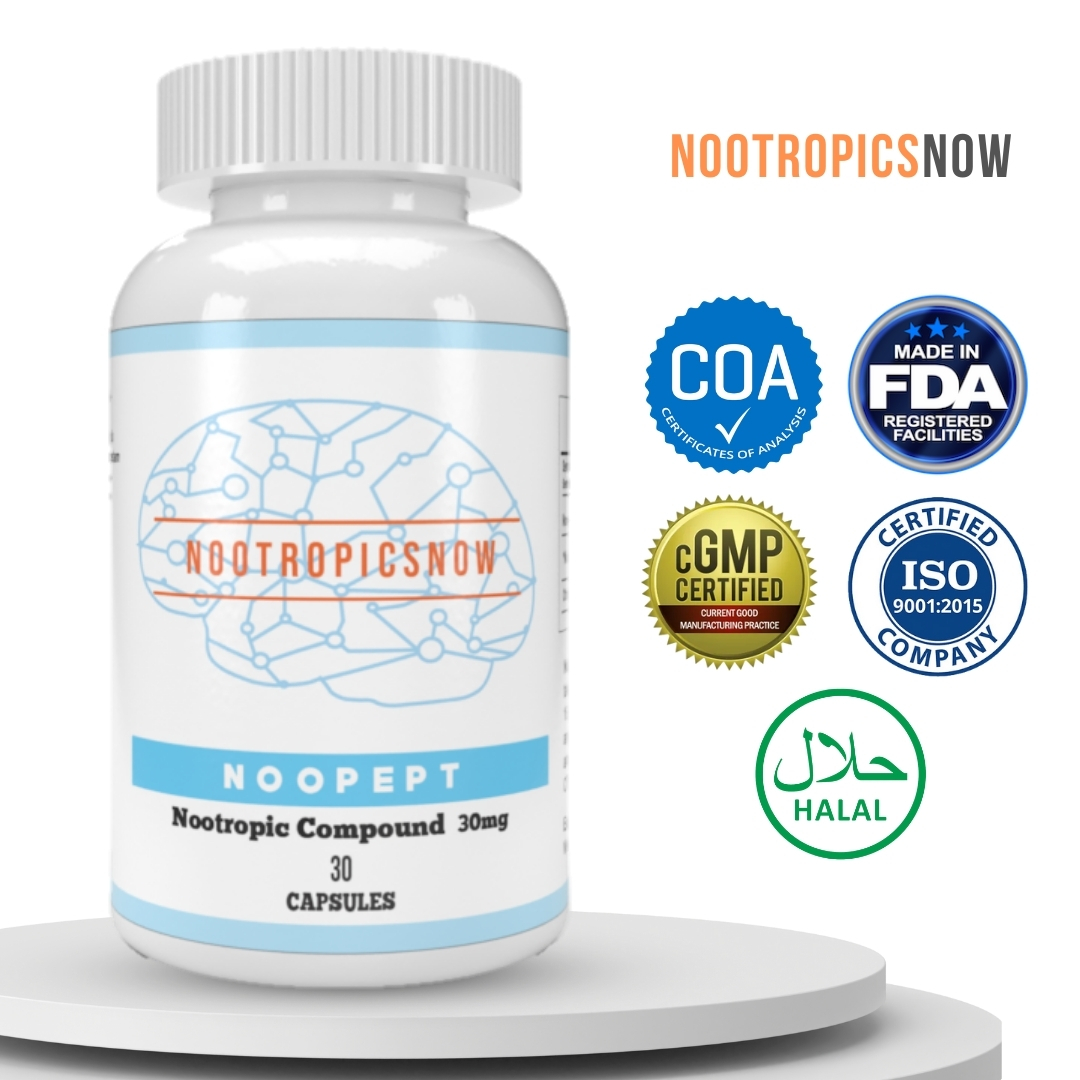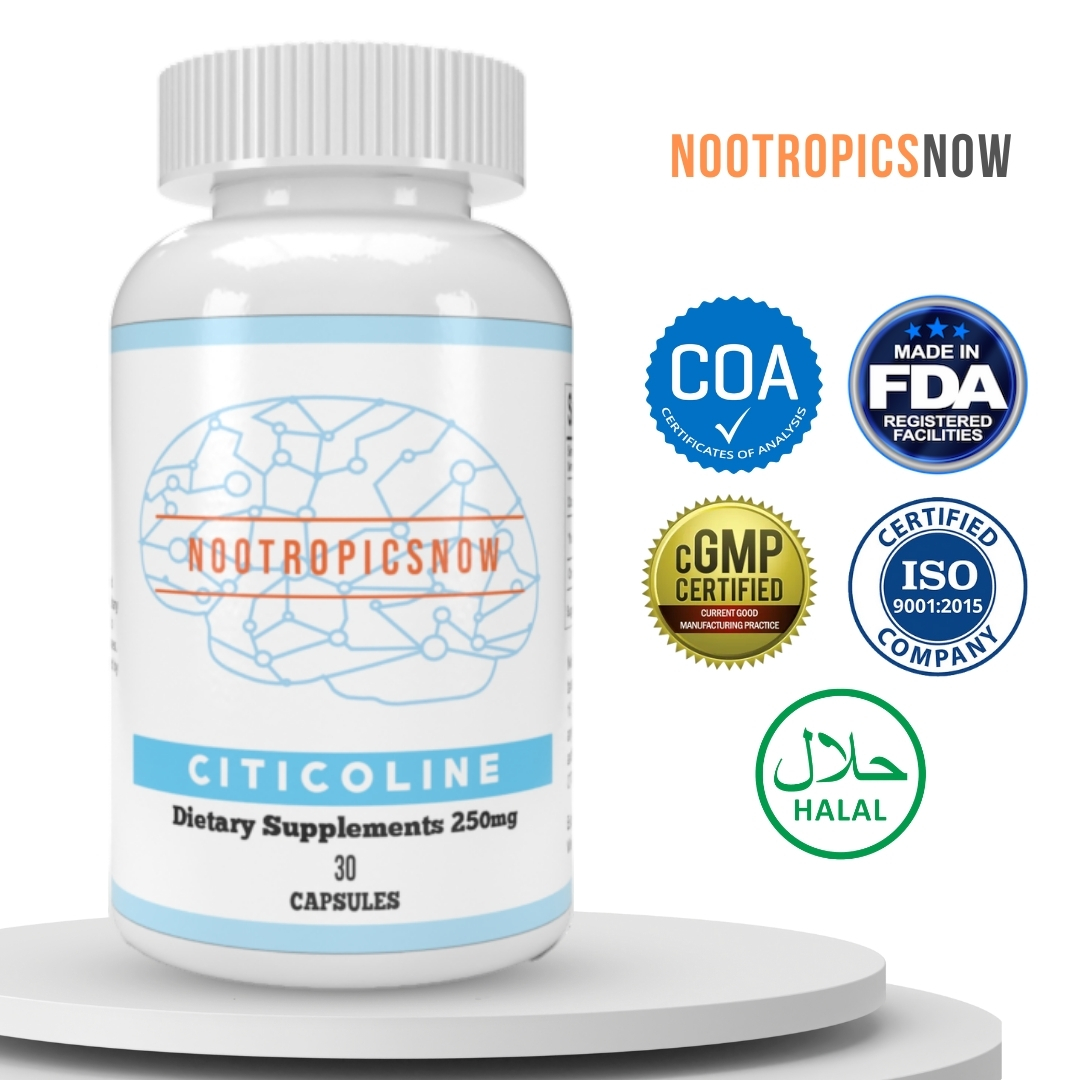Creativity Supplements: Boost Your Brain Power

Creativity Supplements: Sparking Imagination and Enhancing Cognitive Function
Creativity, the ability to generate novel and useful ideas, is a highly valued human trait. While innate talent plays a role, creativity is also a skill that can be cultivated and enhanced. In recent years, the use of creativity supplements, also known as cognitive enhancers or nootropics, has gained popularity as a way to boost creative thinking. These supplements encompass a diverse range of substances, from natural herbs and vitamins to synthetic compounds, all believed to positively influence brain function and ultimately unlock creative potential. The effectiveness of these supplements is still subject to intense investigation, but preliminary results provide encouraging support for using certain supplements for imagination.
Understanding Creativity and the Brain

Before diving into the realm of creativity supplements, understanding the neuroscience behind creativity is essential. Creative thinking involves complex neural processes, engaging multiple brain regions and neurotransmitter systems.
The Neural Basis of Creativity
Several brain regions have been implicated in creative thinking, including:
Neurotransmitters and Creativity
Neurotransmitters, chemical messengers in the brain, also play a critical role in creative processes. Key neurotransmitters linked to creativity include:
Exploring Creativity Supplements: A Comprehensive Overview
Creativity supplements aim to influence these brain regions and neurotransmitter systems, with the goal of optimizing cognitive function and enhancing creative abilities. It’s important to approach these supplements with realistic expectations and understand that they are not magic pills that instantly unlock creativity. Instead, they are tools that can support and enhance existing creative potential when combined with other practices like mindfulness, practice, brainstorming, and meditation.
Categories of Creativity Supplements
Creativity supplements can be broadly categorized into several types:
Individual Creativity Supplements: Benefits and Mechanisms
Let’s explore some of the most popular and promising creativity supplements, examining their potential benefits and mechanisms of action:
1. L-Theanine: An amino acid found primarily in green and black tea, L-Theanine is known for its calming and anxiolytic effects.

View Product
2. Caffeine: A stimulant found in coffee, tea, and other beverages, caffeine is widely used to enhance alertness and cognitive function.

View Product
3. Lion’s Mane Mushroom: A medicinal mushroom with potential neuroprotective and cognitive-enhancing properties.

View Product
4. Bacopa Monnieri: An Ayurvedic herb traditionally used to enhance memory and cognitive function.

View Product
5. Rhodiola Rosea: An adaptogenic herb that helps the body adapt to stress.

View Product
6. Creatine: Often associated with muscle building, creatine is also a potent nootropic with numerous cognitive benefits.
7. Noopept: A synthetic nootropic derived from piracetam, Noopept is known for its potent cognitive-enhancing effects.

View Product
8. Ginkgo Biloba: An herbal extract derived from the Ginkgo Biloba tree, traditionally used to improve memory and cognitive function.

View Product
9. Acetyl-L-Carnitine (ALCAR): An amino acid derivative that plays a role in energy production and neurotransmitter function.
The Importance of Synergy and Stacking
Many users of creativity supplements experiment with “stacking,” which involves combining multiple supplements to enhance their individual effects. Synergy occurs when the combined effect of multiple substances is greater than the sum of their individual effects.
Common Stacks for Creativity
Some popular stacks for creativity include:
Considerations for Stacking
When experimenting with stacking, it’s crucial to:
Lifestyle Factors and Creativity Supplements
Creativity supplements are most effective when combined with other lifestyle factors that support brain health and cognitive function.
Diet and Nutrition
A healthy diet rich in fruits, vegetables, whole grains, and lean protein provides the nutrients necessary for optimal brain function. Certain nutrients, such as omega-3 fatty acids, antioxidants, and B vitamins, are particularly important for brain health and cognitive performance.
Exercise
Regular physical activity has numerous benefits for brain health, including improved blood flow, increased neurotrophic factors, and enhanced cognitive function.
Sleep
Adequate sleep is essential for brain function and cognitive performance. During sleep, the brain consolidates memories, clears out toxins, and prepares for the next day’s challenges.
Mindfulness and Meditation
Practicing mindfulness and meditation can reduce stress, improve focus, and enhance cognitive flexibility, all of which are beneficial for creativity.
Safety and Ethical Considerations
Before incorporating creativity supplements into your routine, it’s crucial to consider the safety and ethical implications.
Safety Considerations
Ethical Considerations
The Future of Creativity Supplements
The field of creativity supplements is rapidly evolving, with ongoing research exploring the potential of new and existing substances to enhance cognitive function and unlock creative potential. As our understanding of the brain and creativity deepens, we can expect to see the development of more targeted and effective supplements that support cognitive function and enhance creativity.
Conclusion
Creativity supplements offer a promising avenue for individuals seeking to enhance their cognitive function and unlock their creative potential. While these supplements are not magic bullets, they can be valuable tools when combined with other lifestyle factors that support brain health and cognitive performance. By approaching these supplements with caution, conducting thorough research, and consulting with healthcare professionals, individuals can harness the power of creativity supplements to spark imagination and enhance cognitive function.
Delving Deeper: Key Creativity Supplements and Their Mechanisms
Creativity is a complex cognitive function that doesn’t rely on a single brain region or neurotransmitter. Instead, it emerges from the intricate interplay between various cognitive processes, emotional states, and environmental factors. Creativity supplements are designed to optimize these interactions, supporting neural pathways, and fostering a mental state conducive to innovative thinking. Here we dissect some of the most promising creativity supplements and examine how they work.
1. Acetyl-L-Carnitine (ALCAR)
Acetyl-L-Carnitine (ALCAR) is an acetylated form of L-Carnitine, an amino acid that naturally occurs within the body. It crosses the blood-brain barrier effectively, contributing to mitochondrial energy production within brain cells. ALCAR also influences neurotransmitter systems, particularly acetylcholine, which plays a crucial role in memory, learning, and attention. By supporting overall brain energy metabolism and enhancing cholinergic function, ALCAR can promote mental clarity and focus, which are necessary components for creative output. Furthermore, several studies suggest ALCAR has neuroprotective properties, shielding brain cells from damage and age-related decline, thus ensuring sustained cognitive function, ultimately stimulating creativity [1].
2. Phosphatidylserine (PS)
Phosphatidylserine (PS) is a phospholipid found in high concentrations in brain cell membranes. It plays an essential role in maintaining cell membrane fluidity and regulating neurotransmitter release. PS supports the healthy function of neurons, facilitating the transmission of signals between brain cells. Research suggests that PS supplementation improves cognitive function, including memory, attention, and focus, which can contribute to enhanced creativity. By promoting optimal brain cell function and communication, PS provides a foundation for flexible and innovative thinking [2].
3. Ginkgo Biloba
Ginkgo Biloba, an ancient herbal remedy derived from the Ginkgo tree, is renowned for its cognitive-enhancing properties. It improves blood flow to the brain, delivering oxygen and nutrients to brain cells. Ginkgo Biloba also possesses antioxidant and anti-inflammatory properties, which protect brain cells from damage and support healthy brain aging. By boosting cerebral circulation and shielding brain cells from oxidative stress, Ginkgo Biloba enhances mental clarity, focus, and memory, creating a more fertile ground for creative thinking [3].
Consider trying out Ginkgo Biloba for yourself:

View Product
4. Citicoline (CDP-Choline)
Citicoline, also known as CDP-Choline, is a naturally occurring compound that serves as a precursor to phosphatidylcholine, a major component of brain cell membranes. It promotes brain cell health by supporting the synthesis of phospholipids. Citicoline also enhances acetylcholine production, a neurotransmitter crucial for memory, learning, and attention. By promoting brain cell integrity and supporting cholinergic function, Citicoline can improve cognitive performance, leading to more fluid and creative thinking. Some studies also suggest Citicoline may boost dopamine levels, further supporting motivation and focus [4].
Explore CDP Choline to enhance your memory and focus:

View Product
5. Omega-3 Fatty Acids (EPA and DHA)
Omega-3 fatty acids, particularly EPA (eicosapentaenoic acid) and DHA (docosahexaenoic acid), are essential fats that are crucial for brain health and function. DHA is a major structural component of brain cell membranes, playing a vital role in maintaining membrane fluidity and supporting neurotransmitter function. EPA possesses anti-inflammatory properties that can protect brain cells from damage and promote overall brain health. By supporting brain cell structure and function, omega-3 fatty acids enhance cognitive performance, which ultimately strengthens creative abilities. It is also worth mentioning, that omega-3s may indirectly influence mental wellness, thus improving mood, which may boost creativity [5].
6. Creatine
Creatine, commonly known for its role in muscle energy production, also plays an important role in brain energy metabolism. The brain requires a substantial amount of energy to function optimally, and creatine helps to support ATP (adenosine triphosphate) production, the primary energy currency of cells. Studies suggest that creatine supplementation can improve cognitive function, particularly in tasks that require mental effort and focus. By boosting brain energy levels, creatine may reduce mental fatigue and enhance cognitive endurance, thus enabling prolonged periods of focused and creative thinking [6].
7. Tryptophan
Tryptophan is an essential amino acid that serves as a precursor to serotonin, a neurotransmitter that plays a crucial role in mood regulation and relaxation. Low serotonin levels have been linked to anxiety, depression, and impaired cognitive function. By increasing serotonin levels, tryptophan may help to promote a sense of calm and well-being, which can be conducive to creative thinking. Furthermore, some studies suggest that serotonin influences divergent thinking, a key component of creativity that involves generating multiple solutions to a problem [7]. An alternative supplement that may promote similar effects is 5-HTP:

View Product
Optimizing Your Creativity Supplement Regimen
To maximize the benefits of creativity supplements, consider these guidelines:
By adopting a comprehensive approach that combines creativity supplements with a healthy lifestyle and mindful practices, you can unlock your creative potential and experience peak mental performance.
Navigating Potential Side Effects and Interactions
While creativity supplements offer promising potential for enhancing cognitive function and stimulating innovative thinking, it’s essential to be aware of potential side effects and interactions.
Common Side Effects
Potential Interactions
Risk Mitigation Strategies
By being aware of potential side effects and interactions and adopting appropriate risk mitigation strategies, you can maximize the benefits of creativity supplements while minimizing any potential harm. Prioritizing safety and consulting with healthcare professionals are essential steps in ensuring a safe and effective supplement regimen.
References:
[1] Gannon, C. J., & Nuttall, F. Q. (2006). Effect of acetyl-L-carnitine on plasma glucose and insulin response to oral glucose in humans. Journal of the American College of Nutrition, 25(3), 230-234.
[2] Kidd, P. M. (1996). Phosphatidylserine; membrane nutrient for memory: a review. Alternative Medicine Review, 1(2), 70-84.
[3] Diamond, B. J., Bailey, M. R., Hartranft, J. M., & Combs, A. J. (2000). Ginkgo biloba extract: mechanisms and clinical indications. Archives of Physical Medicine and Rehabilitation, 81(11), 1462-1470.
[4] Secades, J. J. (2011). Citicoline: pharmacological and clinical review, 2010 update. Revista de neurología, 52 Suppl 2(S2), S1-S62.
[5] Dyall, S. C. (2015). Long-chain omega-3 fatty acids and the brain: a review of the independent and shared effects of EPA, D

